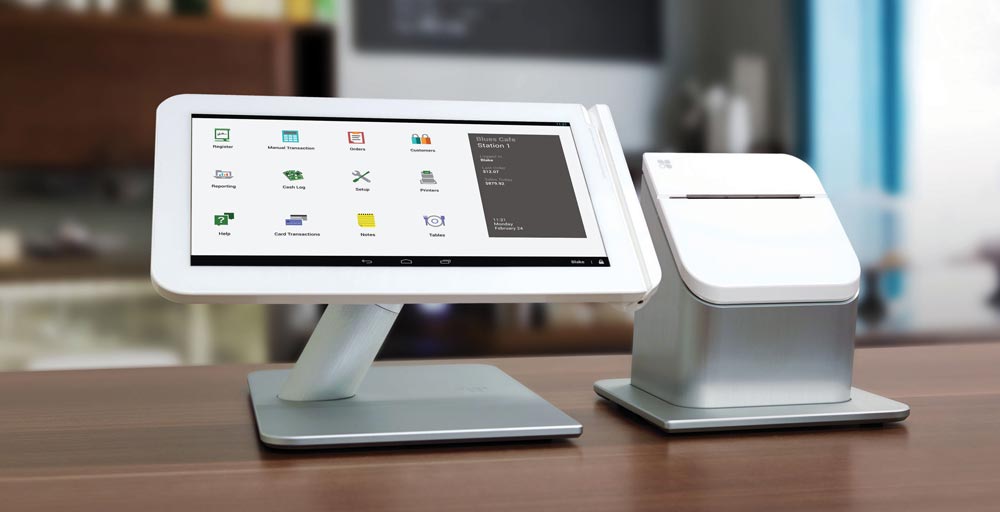In the business environment, a point-of-sale (POS) system can mean different things to different people. While some perceive it as a glorified cash register, ambitious entrepreneurs and business owners are aware that POSs can lend a hand with bookkeeping, inventory management and can act as an integrated system that aggregates sales. In case you’re managing your operations on an old-fashioned cash register, here are some of the reasons to upgrade.
Eliminate human error
In case you’re calculating stock takes and adding up orders manually, then you’re leaving yourself open for human error. While you might think that this won’t be such a big issue, keep in mind that a 1% margin of error could cost you thousands of dollars per year. By integrating a POS system into your operations, you will be certain to maintain your bottom line figures accurate and even notice a return of your initial investment in a few months.
Increased efficiency
Ideally, your inventory should always match the balance of products you sold. If you’re experiencing discrepancies relatively frequently, then a POS can help you figure the inconsistencies out. By investing in a system that can be integrated with your accounting software, not only will you eliminate these differences, but you will also be able to gain time. The extra time can be used to identify new ways to tend to customers and generate additional revenue.
You will always know your ROI
A POS system can help you determine every little aspect of your inventory, staff and revenue. From identifying a very qualified employee without whom you wouldn’t be able to sell as much to knowing which product sells best and why, the sales report generated by this tool lets you analyze the effectiveness of your marketing efforts. Consequentially, you will know instantly what marketing activities are more successful for your small business, optimize the sales process and improve ordering, all of which contribute to a higher ROI.
Cut down on the losses
While it didn’t happen to you yet, bear in mind that there’s always the chance employees will steal from you. Because they know how your small business functions, some people could feel tempted to exploit current operational flaws to cover the theft. Thanks to a POS system that can track an item’s life cycle from the supplier to the customer, you can eliminate this risk factor altogether. A POS can also help you figure out the other reasons why losses occur, as well as the flaws that facilitate them.
Keep prices consistent and accurate
Making a price change via a POS system is a matter of performing the modification directly in the software. The price will be updated instantly across multiple locations, thus keeping your pricing consistent, so you have the guarantee that your clientele never feels cheated.
Optimization of the checkout process
POS systems are equipped with bar code scanning, a feature that will substantially speed up the checkout process. Not only does this improve overall customer satisfaction, but you will be able to serve considerably more customers every day. At the same time, a POS allows you to record additional customer data at the checkout, information you can use later on to make better offers and provide those loyalty incentives that your clients appreciate.
